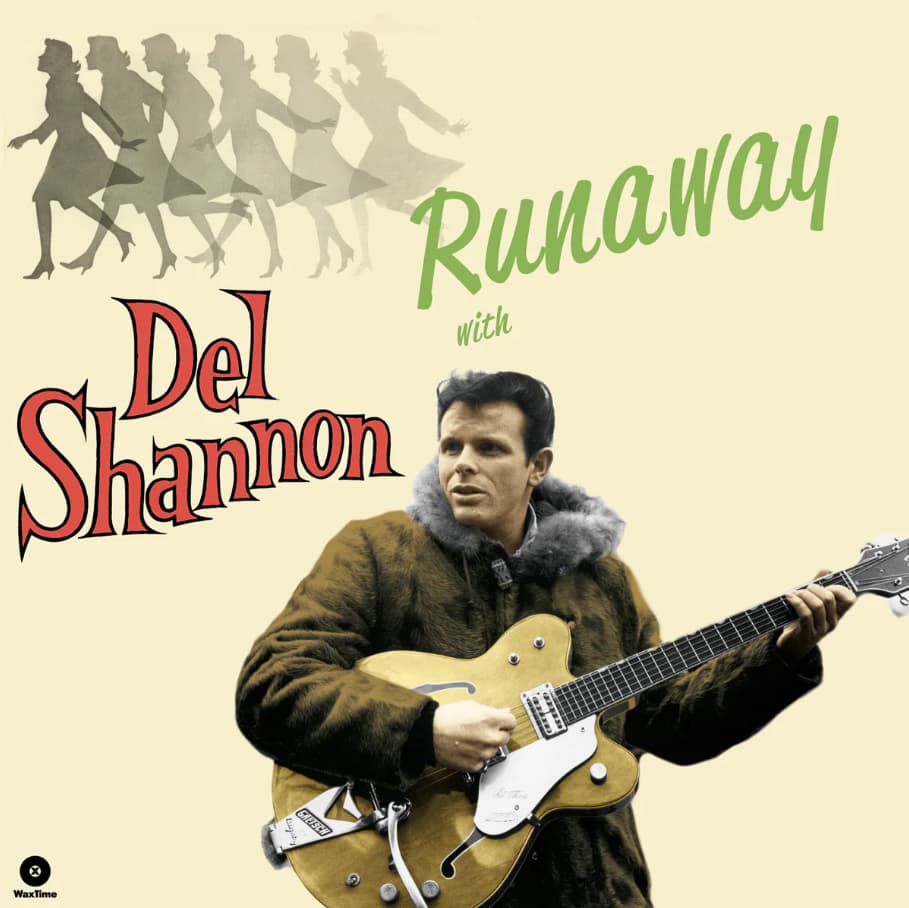
Del Shannon – Runaway: A Melancholic Reflection on Lost Love
In the early spring of 1961, a haunting melody captured the hearts of listeners across America, and soon, the world. Del Shannon’s “Runaway” emerged as a timeless classic, weaving a tapestry of emotion with its unforgettable falsetto cries and pulsating organ riffs. As it soared to the top of the charts, claiming the No. 1 spot on the Billboard Hot 100 in April of that year, it signified more than just a musical achievement; it became a cultural touchstone, resonating deeply with an audience yearning for connection amidst the changing tides of the era.
Behind this iconic track lies a story as poignant as the song itself. Del Shannon, born Charles Weedon Westover, penned “Runaway” alongside keyboardist Max Crook. The duo crafted a song that encapsulated the universal experience of heartache and longing. It was Crook’s innovative use of the Musitron—a modified Clavioline—that gave “Runaway” its distinctive sound, an eerie yet compelling quality that mirrored the tumultuous emotions conveyed through Shannon’s lyrics.
The narrative within “Runaway” is one that speaks to the soul. It tells of lost love, of watching someone you cherish slip away without understanding why—a sentiment that echoes through Shannon’s emotive delivery and his desperate plea in the chorus. The repeated question “Why?” captures an existential longing that many listeners could identify with, as they reflected on their own experiences of love and loss. This simple yet profound inquiry into the nature of relationships struck a chord with audiences young and old, creating a shared moment of introspection.
For those who lived through the early ’60s, “Runaway” is more than just a song; it’s a time capsule. It evokes memories of a period defined by both innocence and upheaval—post-war optimism mingling with the uncertainties of a rapidly changing world. As transistor radios crackled out its familiar tune in diners and drive-ins across America, it provided a soundtrack to first loves and heartaches alike. For older generations revisiting this track today, it serves as a poignant reminder of youthful dreams and desires, now seen through the lens of experience.
Del Shannon himself became an emblematic figure through this release—his career thereafter punctuated by continued exploration of themes surrounding love and longing. While he enjoyed other hits, none matched the seismic impact of “Runaway.” Its enduring appeal lies not just in its catchy melody or innovative sound but in its ability to articulate complex emotions simply yet powerfully.
In reflecting on “Runaway,” one cannot ignore its legacy—how it paved the way for future artists to explore deeper emotional narratives in pop music. It stands as a testament to the power of music to transcend time, offering solace and understanding to each new generation that encounters its haunting refrain. For those revisiting or discovering it anew, “Runaway” remains an evocative journey into the heart’s most profound mysteries—where love once found can just as easily be lost.